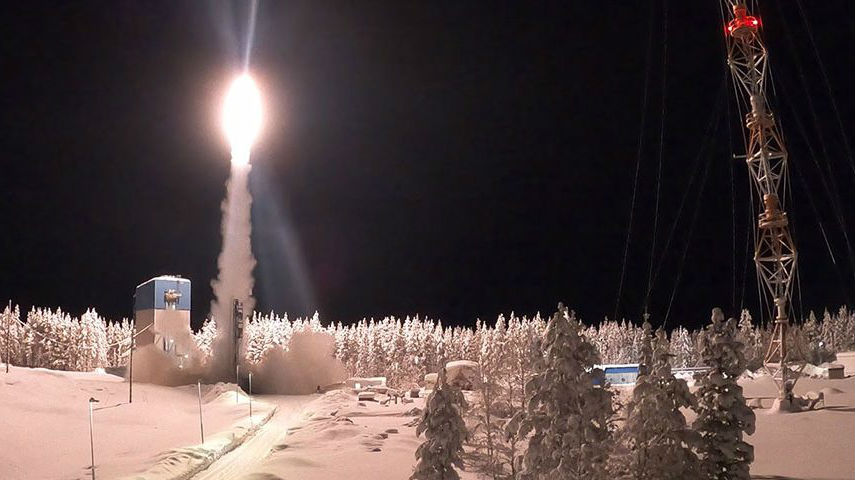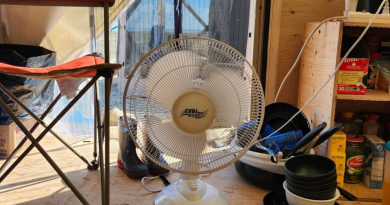Scientists fire rocket from Arctic Sweden into the heart of aurora borealis

After weeks of waiting for the perfect conditions, scientists were finally able to fire off a rocket early Thursday into the heart of the northern lights.
The Spider-2 rocket was launched 14 minutes after midnight on February 20 reaching an altitude of about 120 kilometres above the arctic town of Kiruna.
The project, funded by the Swedish Space Corporation and lead by scientists at Swedish and German universities, sent the rocket up to examine the northern lights, also known as the aurora borealis. Spider-2 was carrying 12 free-flying measuring units that it released into the glimmering cloud.
Krister Sjölander, project manager for mission at the space agency, said on Friday that 6 of the measuring devices were recovered so far and that researchers are now downloading the data they collected.
Related stories from around the North:
Canada: Where are the wolves? Satellite collaring planned for wolves on caribou winter range in northwestern Canada, CBC News
Finland: Finland needs its own space research centre, gov’t report says, Yle News
Norway: New satellites to boost communications in Arctic Norway, The Independent Barents Observer
Russia: Russian Navy maps large area of Arctic seabed, The Independent Barents Observer
Sweden: High-tech lasers to help Sweden build detailed maps of all its forests, Radio Sweden
United States: U.S. to collect Arctic data for modern navigational charts, Alaska Dispatch News



